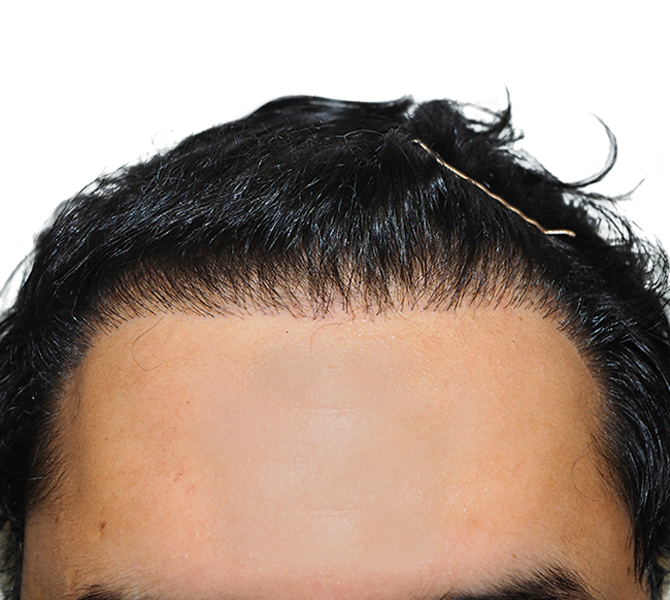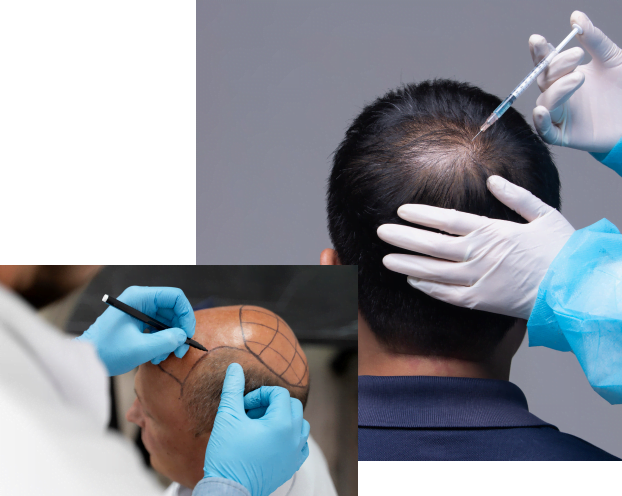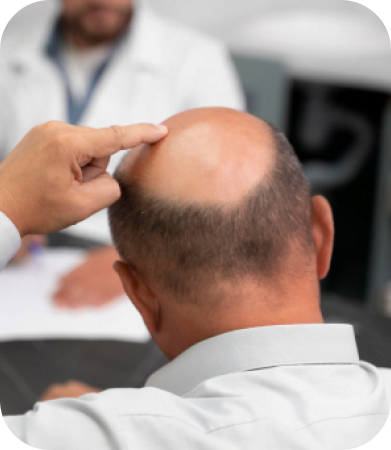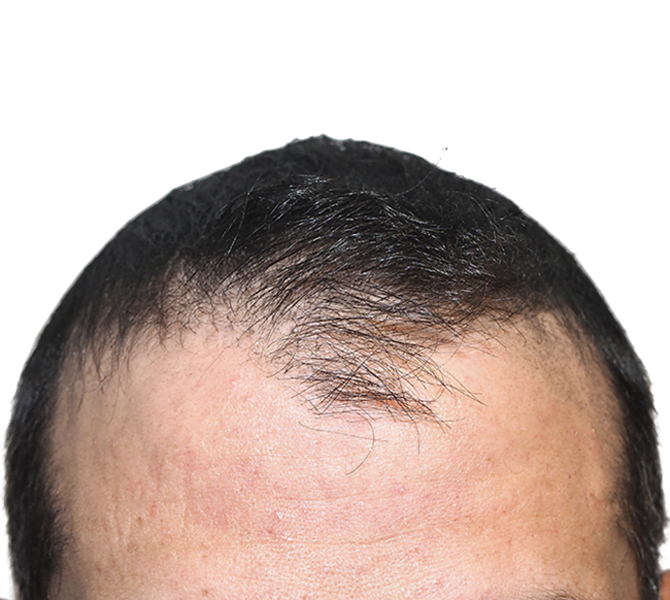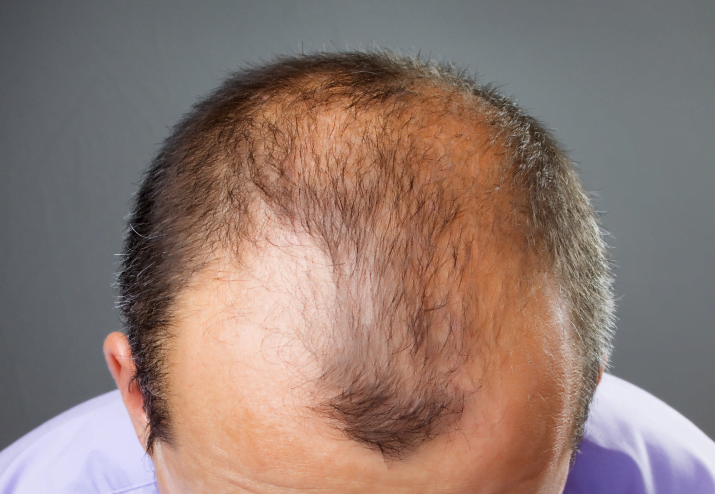The good news is that a hair transplant is permanent. Individuals will be able to wash, dry, cut
and style their hair as they normally would. Men can even have their hair color treated if they
desire. Those that have undergone hair restoration will be able to participate in any activities
they normally enjoy and men of any age can avail themselves of a transplant.
Transplanted hair will begin growing and continue to do so. While individuals won’t see male-
pattern baldness return, the potential for thinning does exist, but not to its previous level.
That’s due to the lifespan of hair follicles themselves. Additionally, hair follicles undergo regular
cycles of growth and rest ranging from 3 to 4 months.
Hair Loss
Everyone loses a certain amount of hair on a regular basis – anywhere from 50 to 150 strands
per day. The hair grows back without anyone being the wiser. However, in male-pattern
baldness, regrowth doesn’t occur. All men experience some thinning due to age and hormone
fluctuations.
Male-pattern baldness is entirely different. It occurs slowly over time and can begin in the early
20s or even in the late teens. The first signs may be a receding hairline or a bald spot on top of
the head.
Healthy Hair
Individuals will need heathy hair on the back or sides of the head for a transplant. Hair follicles
from these areas will be harvested for transplantation. It’s best to pursue a hair transplant as
soon as the signs of male-pattern baldness become obvious.
It’s possible for individuals that have undergone a hair transplant to see some thinning if the
hair follicle goes into its normal resting phase. The success rate of hair restoration surgery is 90
percent and higher. When the follicle emerges from the resting phase, it will continue to grow
as usual.
To schedule your hair transplant/hair restoration appointment at one of our South Florida Centers please contact us at (941) 315-7033
